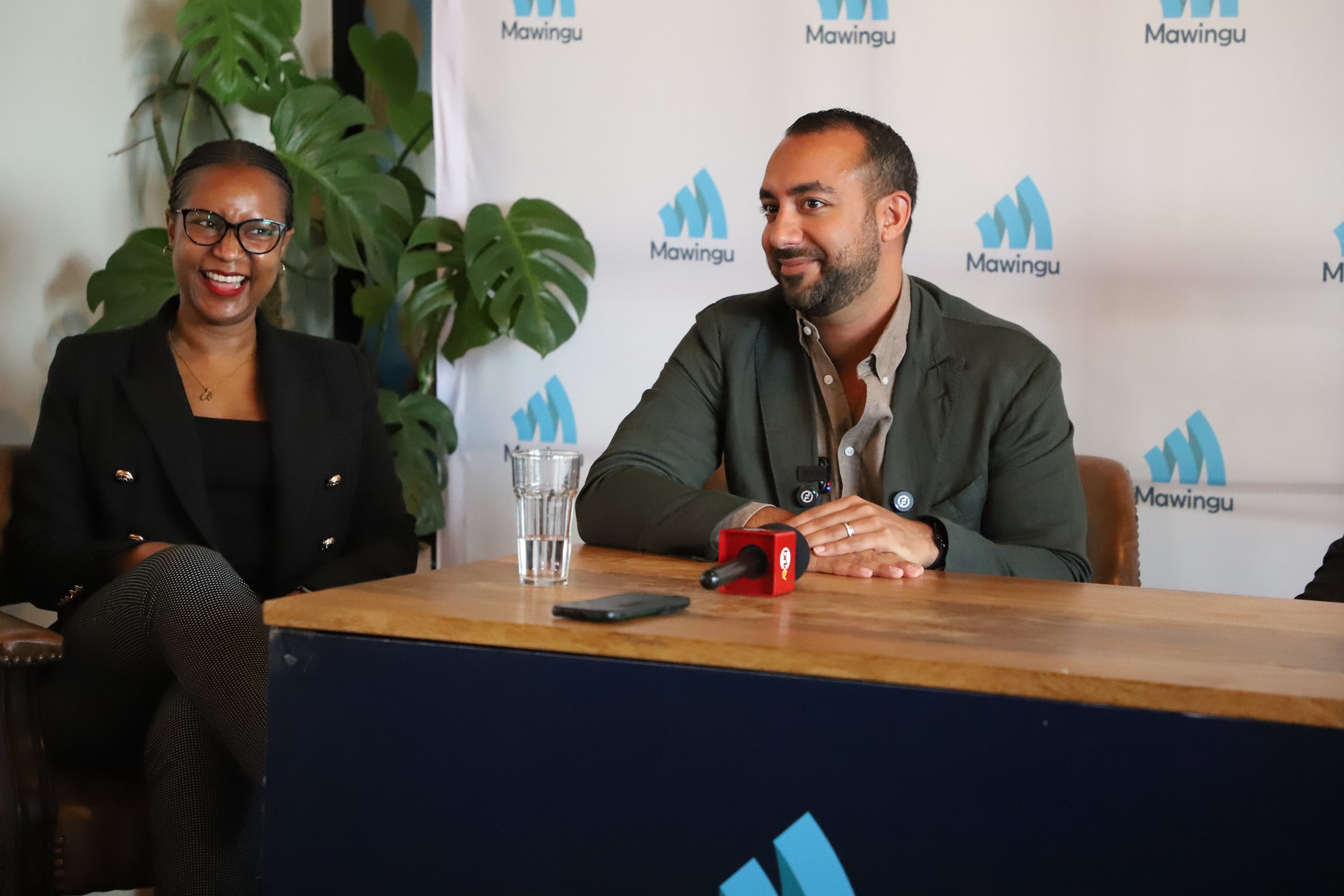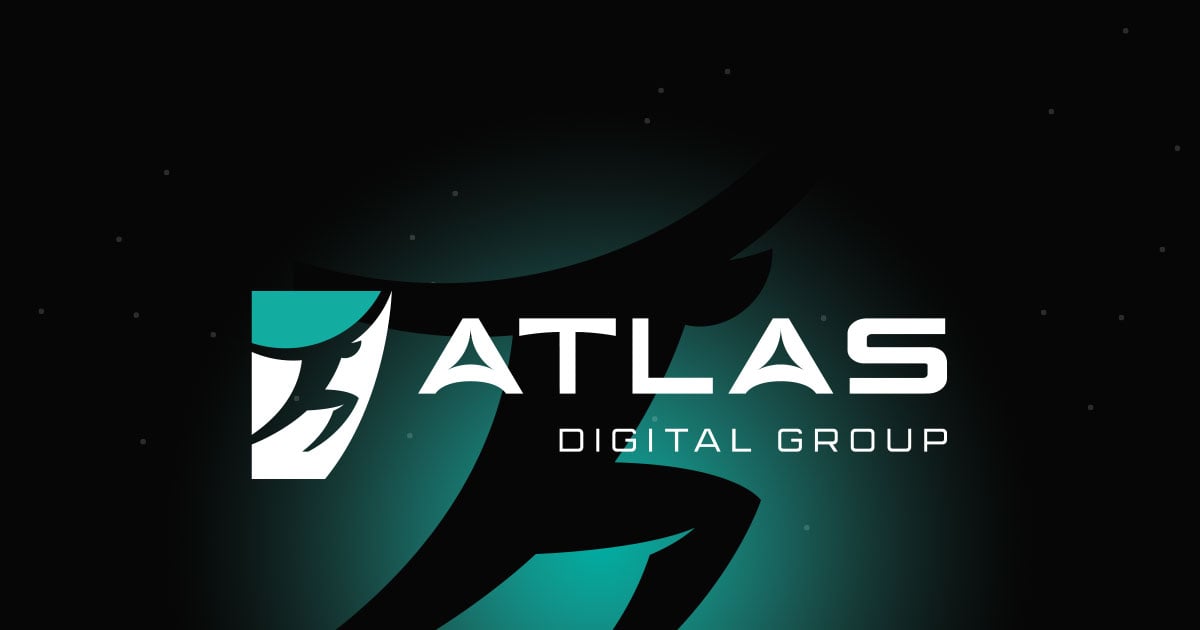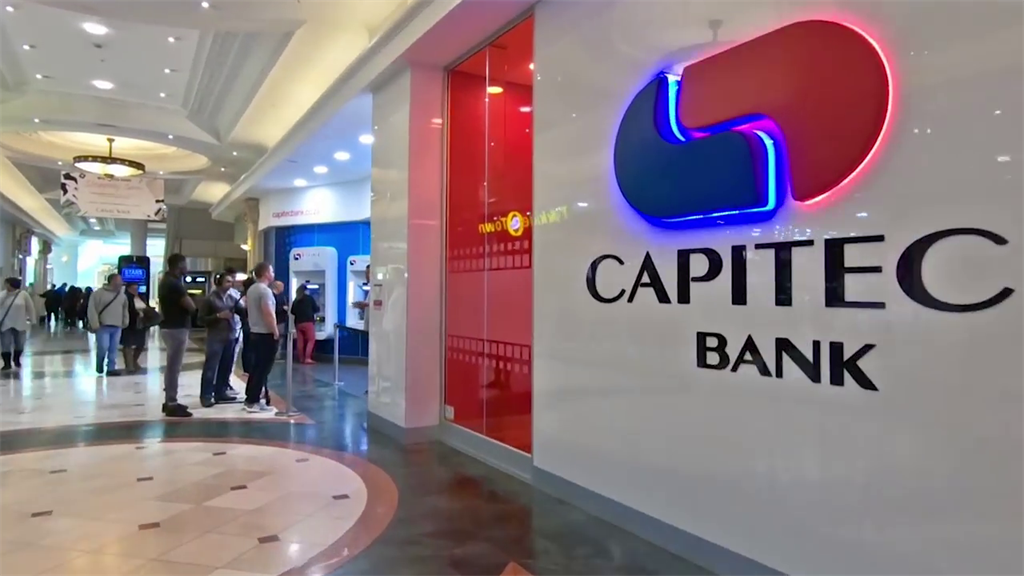What if internet access wasn’t tied to expensive infrastructure or urban privilege? Mawingu’s solar-powered ISP model is proving it’s possible, one rural village at a time.
Mawingu announced a landmark $20 million Series C funding round, led exclusively by Pembani Remgro Infrastructure Fund II (PRIF II), a South African private equity player specialising in African infrastructure.
This infusion isn’t just capital; it’s rocket fuel for Mawingu’s audacious goal: delivering affordable, reliable connectivity to 1 million East Africans by 2028.
With over 120,000 users already online across rural and peri-urban hotspots in Kenya and Tanzania, Mawingu is scaling up its “buy-and-build” playbook to bridge this gap.
Mawingu’s Roots: From Nanyuki Startup to Regional Powerhouse
Founded in 2012 in the dusty plains of Nanyuki, Kenya, Mawingu set out to solve a simple yet profound problem: why should geography dictate digital access?
Traditional ISPs chased urban profits, leaving rural communities in the dark. Mawingu flipped the script with a community-centric model, deploying over 200 base stations to connect more than 30,000 homes and businesses across 31 Kenyan counties.
Fast-forward to today: Mawingu isn’t just Kenya’s largest peri-urban ISP; it’s East Africa’s connectivity trailblazer.
Its solar-powered wireless networks cut through logistical nightmares like unreliable grids and rugged terrain, delivering speeds starting at 10 Mbps for as low as KES 2,500 monthly.
Partnerships with heavyweights like Microsoft (for cloud tools and digital skills training) and InfraCo Africa (for catalytic financing) have been key, enabling Mawingu to serve underserved spots where others won’t.
The $20M Boost
In a global funding crunch, securing $20 million (about Sh2.6 billion) is no small win. PRIF II’s solo lead points out Mawingu’s track record of execution and impact.
Joining the roster are steadfast backers: E3 Capital, FMO Investment Management, PIDG’s InfraCo Africa, Microsoft, and the founders themselves.
CEO Farouk Ramji couldn’t hide the pride: “Raising capital in today’s environment is no small feat. It demands execution, resilience, and extraordinary people. This Series C is more than just a financing milestone. It’s a celebration of our people, our partners, and the shared belief that connectivity can transform lives.”
With a team of 380+ dedicated staff, Mawingu is in position to deploy this capital strategically, blending acquisitions with greenfield builds.
READ ALSO:
Building on Momentum: The 2024 Tanzania Leap
This isn’t Mawingu’s first rodeo. In November 2024, a $15 million debt facility from the Africa Go Green Fund (AGG), InfraCo Africa, and FMO supercharged its regional ambitions.
The crown jewel? Acquiring Tanzania’s Habari ISP, which unlocked a national operating licence and catapulted Mawingu into nine regions, including Arusha, Dodoma, and Mwanza.
Tanzania’s stats are unsettling:Only 300,000 of 14 million households are online, a gap Mawingu is filling with its proven tech stack.
The acquisition added 3,000+ home users overnight, proving the “buy-and-build” model’s potency in wooing local players, optimising their networks, and layering on Mawingu’s solar innovations for sustainability.
The Game Plan: Deploying $20M for Scale and Sustainability
So, how exactly will the $20 million turbocharge Mawingu’s 1 million-user target? It’s all about disciplined expansion in high-barrier zones.
1. Strategic Acquisitions (“Buy”)
Mawingu’s playbook starts with capturing up complementary ISPs in untapped markets. Post-announcement, expect more deals in East Africa; think Uganda or Rwanda, where local operators struggle with capex-heavy builds.
Funds will fuel due diligence, integrations, and licence hunts, accelerating coverage without reinventing the wheel.
2. Infrastructure Rollouts (“Build”)
A chunk goes to erecting 100+ new base stations, blending fibre backhaul for speed with off-grid solar for reliability.
In Kenya, expansions hit hotspots like Bondo and Migori; in Tanzania, deeper penetration into rural Mara and Manyara.
This hybrid approach slashes costs by 30-50% versus diesel alternatives, making service viable at scale.
3. Community-Led Adoption
Mawingu isn’t just wiring towers; it’s wiring futures. Investments in digital literacy programmes (via Microsoft) and affordable devices will boost uptake, targeting schools, clinics, and small businesses.
Pricing stays inclusive:Unlimited plans from KES 1,000 for basics, with bundles for e-learning and telehealth.
By 2028, Mawingu projects 10x growth, hitting 1 million through this mix: 60% organic builds and 40% acquisitions.
It’s a roadmap rooted in data, with each tower’s ROI modelled for 3-5 years payback.
The Ripple Effect: Why 1M Connections Matter
A 10% internet penetration bump can juice GDP by 1.38% in emerging markets. For East Africa, Mawingu’s push means kids in remote villages accessing Khan Academy, farmers selling via M-Pesa, and doctors consulting via Zoom.
In Tanzania alone, Habari’s integration has sparked local e-commerce booms; scaled up, this could add billions to regional economies.
Everything You Need to Know About Mawingu Internet Services
Mawingu has made connectivity easier with flexible Mawingu internet packages tailored for homes and businesses.
Users can conveniently manage their accounts through the Mawingu internet login or by using the Mawingu selfcare option on the Mawingu portal.
For those who prefer mobile access, the Mawingu app offers a simple way to track usage, check bills, and even retrieve your Mawingu WiFi access code.
Transparency is also a plus, as the Mawingu internet price is clearly outlined, making it easy to choose the right plan.
And whenever support is needed, help is just a call away through the Mawingu internet customer care number.
The Road Ahead: Connectivity as a Catalyst
This isn’t just about the internet; it’s about inclusion. By 2028, Mawingu could turn East Africa’s forgotten villages into the region’s next digital frontier.
Ronnie Paul is a seasoned writer and analyst with a prolific portfolio of over 1,000 published articles, specialising in fintech, cryptocurrency, climate change, and digital finance at Africa Digest News.






Leave a Reply